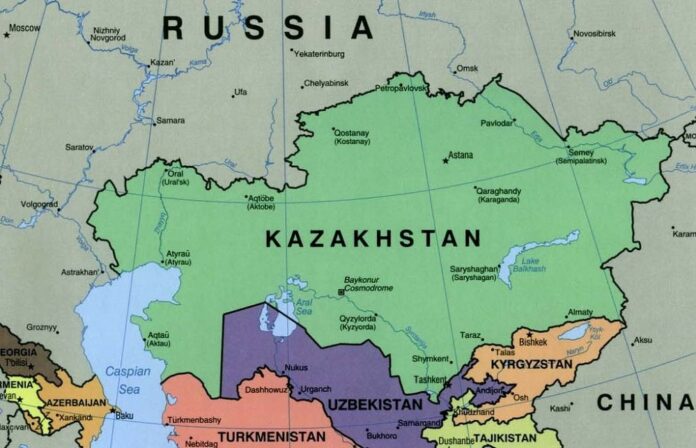In April 2024, Kazakhstan found itself embroiled in a storm of misinformation circulating through Chinese media, according to the Times of South Asia. Rumors, devoid of credible evidence, suggested Kazakhstan’s involvement in covert talks with NATO and its appeal to China for protection against a potential Russian incursion.
These reports, while lacking substance, underscored the broader “fog of war” that extends beyond Ukraine’s borders, threatening Kazakhstan’s diplomatic equilibrium.
One narrative alleged an imminent Russian threat, citing an unverified audio recording purportedly from a Russian official. Despite widespread dissemination across Chinese platforms, no concrete evidence corroborated this claim.
Another storyline suggested Kazakhstan was clandestinely negotiating NATO membership. However, Kazakhstan has long upheld a stance of neutrality, engaging with NATO solely through partnership programs like the Partnership for Peace.
Additionally, reports surfaced insinuating Kazakhstan’s overtures to China for security against Russian aggression. While Kazakhstan has collaborated with China on regional stability initiatives, the notion of seeking Chinese security guarantees lacks substantiation.
The motives behind this misinformation campaign remain opaque. Yet, its dissemination in Chinese media could serve to sow discord between Kazakhstan and its neighbors, challenge Kazakhstan’s diplomatic neutrality, or influence its foreign policy alignments.
As Kazakhstan navigates this treacherous information landscape, the episode underscores the importance of diplomatic vigilance and media literacy in discerning truth from fiction.



